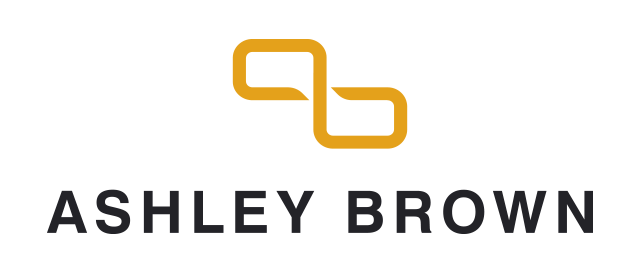Have you declared all your business income?
Here are some questions for you to consider when declaring income. Did you:
receive any cash payments?
earn income through coupons, vouchers or gift cards?
receive income from other activities such as rent from business assets?
receive bank interest or money from other investments?
receive directors' fees, dividends or franking credits?
deposit any income into a mortgage or private bank account?
have other accounts that business income is paid into, like PayPal?
sell or transfer any business assets?
Make sure to maintain appropriate records including documents that show actual income amounts. Ensure you provide source documents not summaries to avoid guessing the types and amount of income.
Do you provide benefits to your employees?
Fringe benefits tax (FBT) is payable on certain benefits you provide to your employees or their associates. These benefits are in addition to, or part of, your employees' salary or wages package.
FBT is separate from income tax and is calculated on the taxable value of the benefits provided to employees.
Examples include providing your employee (or someone close to them) with:
vehicles for private use
holiday accommodation
concert tickets
memberships.
Some benefits are exempt or receive concessional treatment, so it's good to brush up on what benefits attract FBT.
When to report?
The FBT year ends on 31 March.
If you've provided any fringe benefits since 1 April 2018, you need to:
calculate your fringe benefits taxable amounts
lodge and pay your FBT return by 21 May (or lodgment may be later if you use a tax agent).
Find out about:

